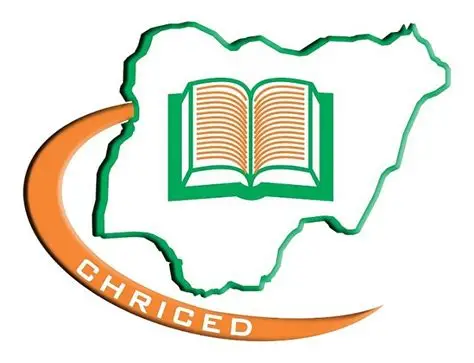As Nigeria prepares to mark the 2025 United Nations World Indigenous Day on Saturday, two powerful voices, Marie Sabo Azaki and Hon. Abdullahi Adamu Candido, have spotlighted the painful reality of the Federal Capital Territory’s Original Inhabitants (OIs), who remain marginalised nearly five decades after giving up their ancestral lands for the creation of Abuja.
Speaking during a special X-Space Mainstreaming Program hosted by the Resource Centre for Human Rights and Civic Education (CHRICED), the two advocates decried the systemic erasure of indigenous communities and called for urgent cultural, political, and economic safeguards to restore justice.
Azaki, the National Treasurer of the Progressive Young Women Forum, described the situation as “an ongoing injustice,” noting that OIs were pushed to the outskirts of the city without compensation or recognition.
READ ALSO: Abuja Original Inhabitants Face Extinction, CHRICED Tells UN Body In Switzerland
“We rendered our farmlands for the FCT, but we got nothing in return. Our people are now relegated to rural corners with no benefits. Our cultural heritage is being diluted before our eyes,” she lamented.
Highlighting the resilience of OIs, Azaki said their decision to remain peaceful despite decades of neglect is a testament to their national commitment.
“For OIs not to take up arms over this injustice shows how much we have sacrificed for Nigeria,” she said.
Azaki called for local language inclusion in the educational curriculum, asserting that every area council has its own language that deserves to be preserved.
She also voiced concern over the political marginalisation of women, revealing that FCT women are still being told to step aside for male contestants during elections.
“It’s 2025, yet we’re still begging for space in politics. We must push harder with advocacy to rewrite this narrative,” she stated.
On his part, Hon. Abdullahi Adamu Candido, former Chairman of the Abuja Municipal Area Council (AMAC), described land dispossession as the root of the economic crisis facing OIs.
READ ALSO: CHRICED Demands Justice In Guzape Land Fraud Scandal, Accuses IGP Of Shielding Suspect
“The people of the FCT have lost everything. Land is life, and when you take it without proper compensation, you destroy a people’s economic base,” he warned.
Candido explained that in Abuja, land matters are handled by the FCT Minister on behalf of the President, making it difficult for indigenous landowners to reclaim what was taken without consent or justice.
“So long as the owners haven’t been compensated, the land remains in dispute,” he insisted.
He commended CHRICED and other rights groups for amplifying OI issues and urged the international community to view their struggle as a national project that deserves support.
“FCT’s OI challenge is not just a local problem. It’s a Nigerian issue. We have kept the peace despite decades of silence and injustice. We must not allow what is happening across the country in terms of insecurity to reach here because of neglect,” he said.
Both speakers stressed the significance of this year’s UN World Indigenous Day, describing it as an opportunity to showcase Abuja’s indigenous culture through traditional food, dress, and language, to the world.
Azaki closed with a powerful appeal: “Our youths are more informed now than our fathers were. It’s time we push the FCT story to the global stage. Let Nigerians come out this Saturday to witness who we really are.”
The event, moderated by CHRICED’s Furera Isiaka and co-anchored by Jaafar Abubakar, also featured tributes to the MacArthur Foundation and other partners for supporting the Original Inhabitants project in Abuja.
